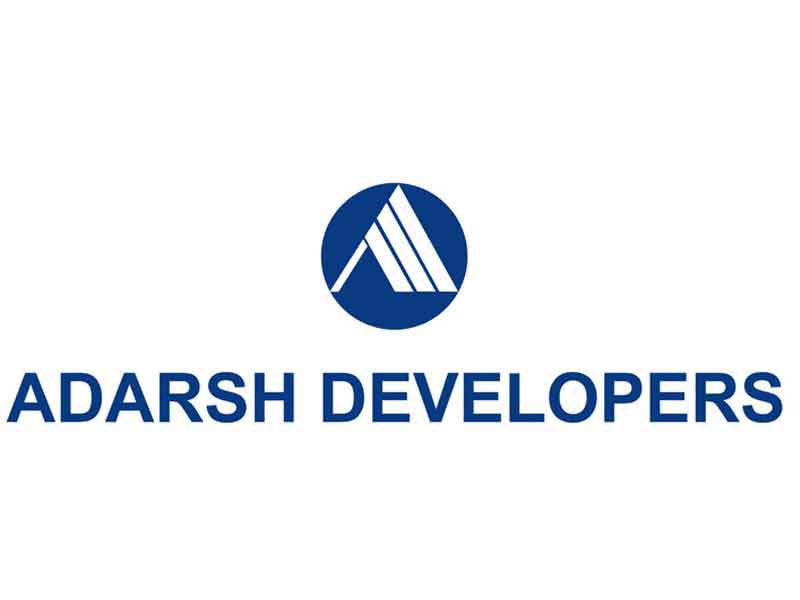
| CIN | Not Available |
|---|---|
| Year Established | Not Available |
| Address | Not Available |
| Company Status | Not Available |
Overall Case Outcomes
An Insight Into ADARSH DEVELOPERS: Evaluating Performance and Buyer Considerations
When it comes to choosing a builder, understanding their track record is crucial for potential homebuyers. This blog post delves into the performance of ADARSH DEVELOPERS, a builder with a presence in Karnataka, and provides insights into their legal standing based on recent case evaluations.
Overview of ADARSH DEVELOPERS
ADARSH DEVELOPERS, active primarily in Karnataka, has faced a total of 15 complaints. Out of these, they have successfully won 6 cases and lost 9 cases. This performance indicates a mixed reputation in the eyes of consumers and the legal framework governing real estate transactions.
Legal Case Analysis: Wins and Losses
Common Patterns in Cases Lost
The one notable case that ADARSH DEVELOPERS lost involved a complaint where the appellant sought a refund of amounts paid, along with interest and compensation for the cancellation deed executed by …
Cases Lost by Builder (When Defending)
Yearly Trend for these Cases
Common Topics
Analysis of the cases filed against Adarsh Developers, where the builder lost, revealed significant insights into the common themes and disputes surrounding their projects. The cases can be broadly categorized into four topics: Delayed Possession Claims, Refund and Compensation Disputes, Project Completion Delays, and Miscommunication and Contractual Disputes.
The majority of the cases revolved around Delayed Possession Claims, where the complainants sought compensation due to the builder's failure to deliver property on time. This highlights a recurring issue in Adarsh Developers' projects, indicating that buyers faced considerable delays in obtaining their invested units.
Refund and Compensation Disputes emerged as another significant theme, with many complainants seeking refunds due to unfinished projects or delays. The builder's defense often revolved around justifying the delays due to external factors due to issues in securing permissions; however, the verdicts consistently favored the complainants, emphasizing their right to timely refunds …
Individual case details available for subscribers.
Cases Won by Builder (When Filing)
Yearly Trend for these Cases
Common Topics
An analysis of the cases filed by the builder, ADARSH DEVELOPERS, which it won, revealed the following information. The disputes primarily fall under several common themes. Firstly, there are multiple cases that involve appeals against the orders of the Adjudicating Officer, in which the builder sought to contest decisions made regarding complaints filed by complainants. Moreover, we see a significant reliance on compromise petitions to resolve disputes, indicating that an agreement was reached between the parties involved in many instances. Additionally, some cases were dismissed as 'not pressed,' which suggests that the appellant may have reconsidered their claims or failed to show adequate justification for their appeal.
The builder commonly brought these cases to court primarily to contest unfavorable orders from the Adjudicating Officer. This usually involved a situation where the builder believed that the decisions regarding complaints were incorrect, leading to appeals aimed at overturning these decisions. Such appeals …
Individual case details available for subscribers.
Cases Won by Builder (When Defending)
Yearly Trend for these Cases
Common Topics
An analysis of the cases filed against the builder, ADARSH DEVELOPERS, which the builder won, revealed the following information.
The disputes predominantly revolved around claims for refunds and compensation, as well as the circumstances surrounding the voluntary cancellation deeds executed by complainants.
In these instances, buyers often sought to reclaim the amounts paid to the developer, alongside added requests for interest and compensation, indicating frustrations over the perceived value of their investments.
A common thread emerged where buyers contended that the builder had failed to meet satisfactory conditions, prompting the launch of their claims in court.
However, the cases reveal a pattern wherein the builder successfully defended itself by demonstrating that there had been a voluntary agreement reached between parties, particularly emphasizing that the complainants had executed cancellation deeds as a full and final settlement. This factor proved critical in the dismissal of complaints, highlighting a potential advocacy for proactive …
Individual case details available for subscribers.
Builder Reviews
No reviews for this builder yet. Be the first one to share your thoughts!
Submit Your Review
Interested in buying from ADARSH DEVELOPERS?
Leave your details – our team will call you back within 5 minutes.